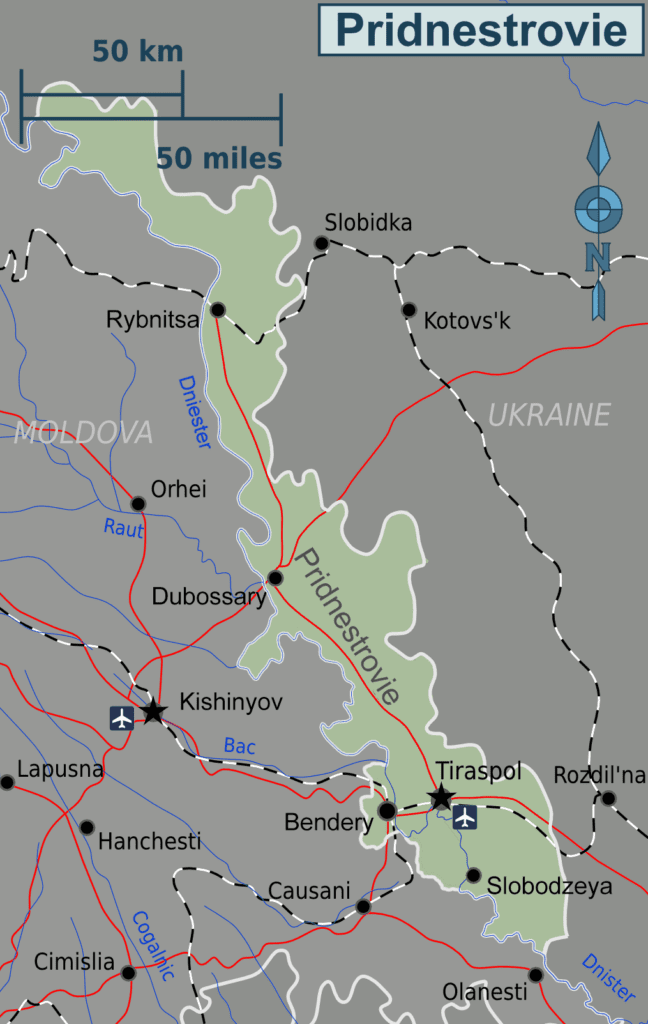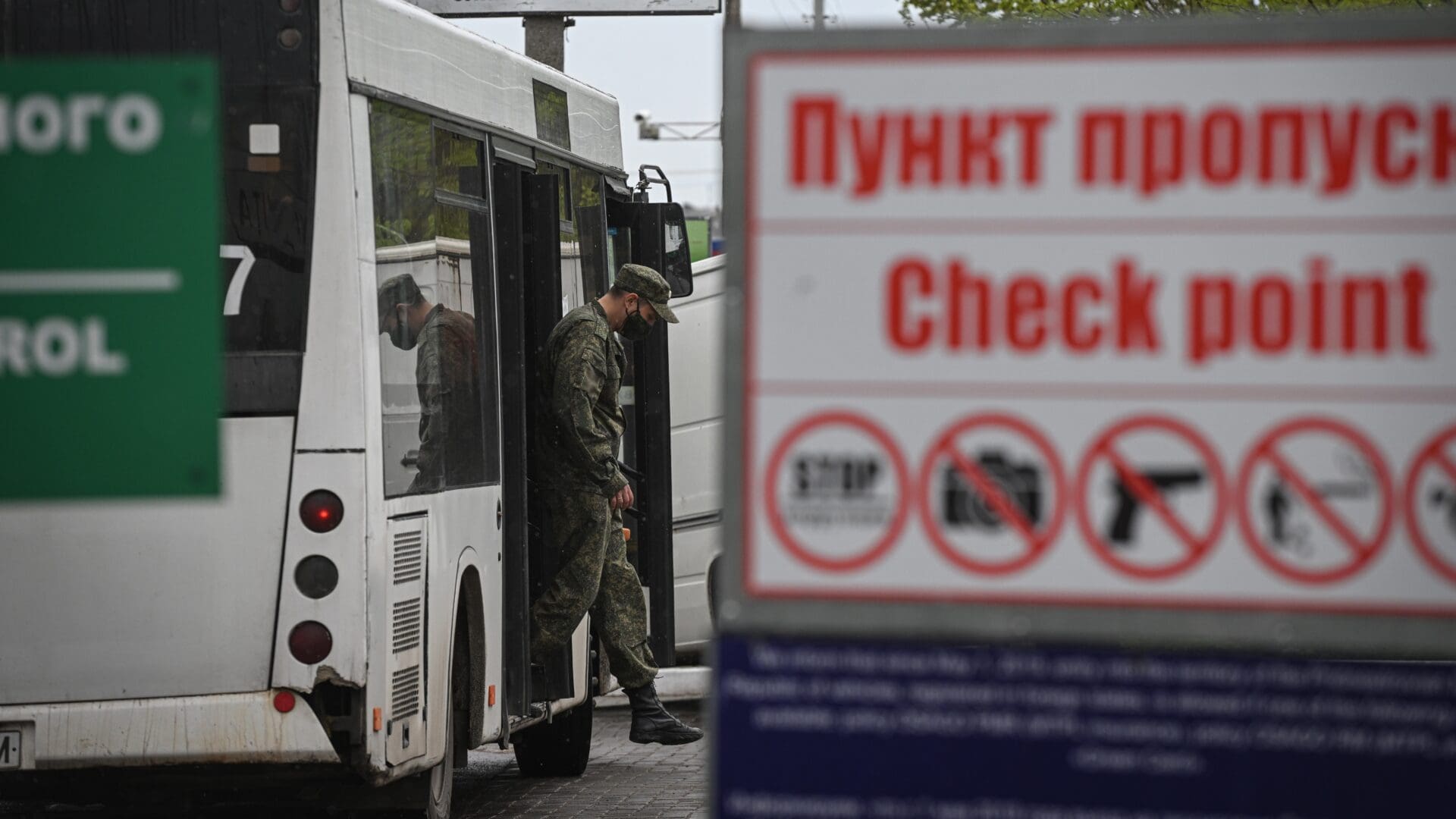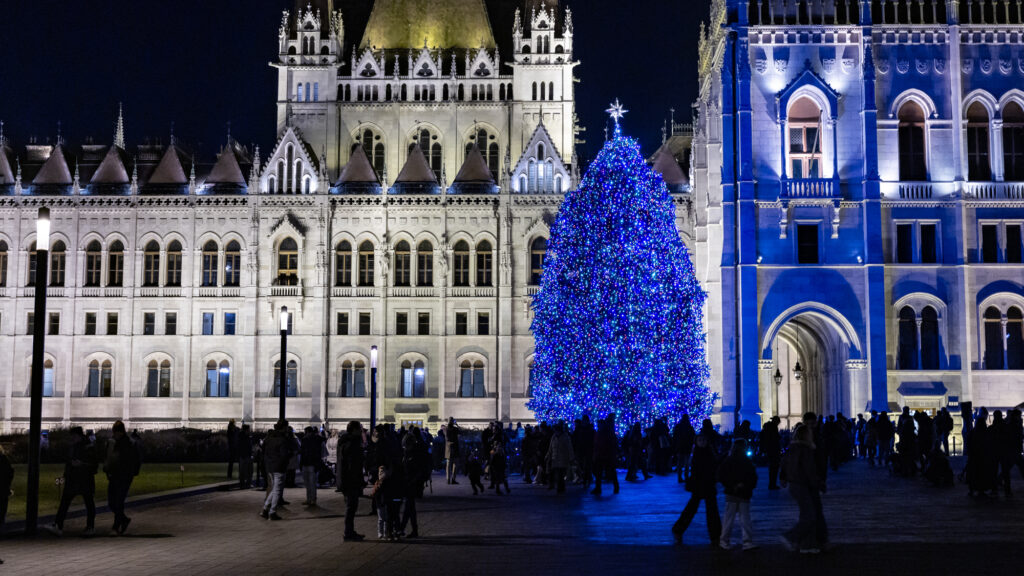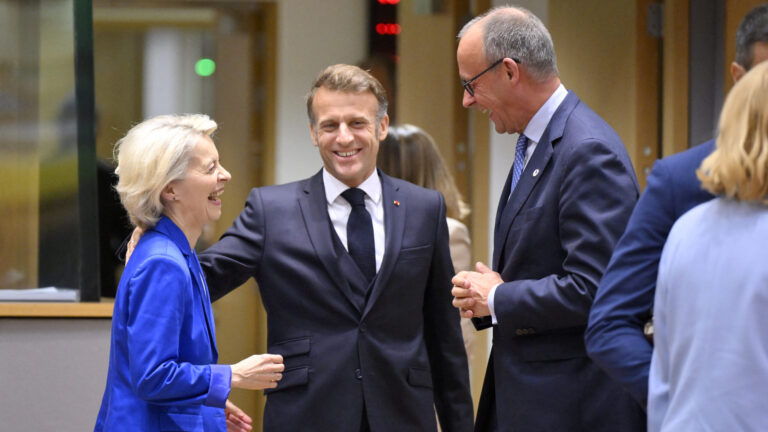Moldova has recently introduced a law targeting separatism. The newly added provisions to the criminal code introduced penalties on so-called separatist actions. The law was passed on 2 February 2023 with the support of 60 out of 101 representatives of Moldova’s parliament.
Those found guilty of separatism can now be punished with prison sentences of up to five years. The legislation also imposes penalties for plotting against Moldova and collecting or stealing information that can undermine the country’s sovereignty and integrity. The so-called ´Separatism Law´ is clearly directed against Transnistria, the separatist region of Moldova that stretches on the Eastern bank of the Dniester River.
Moldova has been divided ever since it declared its independence from the USSR in 1991. The breakaway region, which has close ties to Moscow, condemned the legislation. According to the Tiraspol (the capital of Transnistria) administration, the law infringes on free speech and endangers the freedom and personal liberties of people living in the breakaway region.

The Kremlin is known to station 1,700 soldiers as peacekeepers in the territory of Transnistria. According to Volodymyr Zelenskyy, on Thursday, 9 February, Ukraine intercepted plans by the Russian secret service to undermine the sovereignty of Moldova by ousting the government and establishing control over the country. The Ukrainian President added, however, that he does not know if the Kremlin actually ordered the plan to be carried out. More information about the alleged plot was not released in order not to jeopardise ´various ongoing operational activities´.
It is believed that around half of the 500,000 people living in Transnistria have Russian citizenship due to Moscow’s campaign to convince people to acquire Russian passports. Russia also called out the Separatism Law, reminding that such a measure will hinder the talks between Tiraspol and Chisinau. A new round of negotiations is expected to take place between the two sides later this month.
Moldova formally applied for EU membership in March 2022 and was granted the status of an EU candidate country in June of the same year. The decision was welcomed by Hungarian Prime Minister Viktor Orbán, and Budapest vowed to ´support Moldova’s EU integration throughout the process leading to membership´. In 2020, when pro-EU candidate Maia Sandu won her bid for the presidency, Moldova experienced a major political shift towards the West. Maia Sandu won 57.7 per cent of the vote against the Moscow-backed incumbent Igor Dodon. Currently, the European Union is the largest single external contributor to Moldova’s budget.
🇪🇺 is 🇲🇩’s #1 external contributor to its state budget, followed by the World Bank & IMF.
— EU in the Republic of Moldova (@EUinMoldova) February 6, 2023
Data from the Ministry of Finance shows that, in 2022, member states & institutions disbursed 5.5bn MDL to the Republic of Moldova, half of which are grants from @EU_Commission, 🇩🇪 & 🇷🇴. pic.twitter.com/vJPpuYov8V
Moldova is an ethnically diverse country with Moldovans making up 75 per cent, Romanians seven per cent, and Ukrainians some six per cent of the population. There are also Russians, Bulgarians, and Gagauz people living in the Eastern European country.







